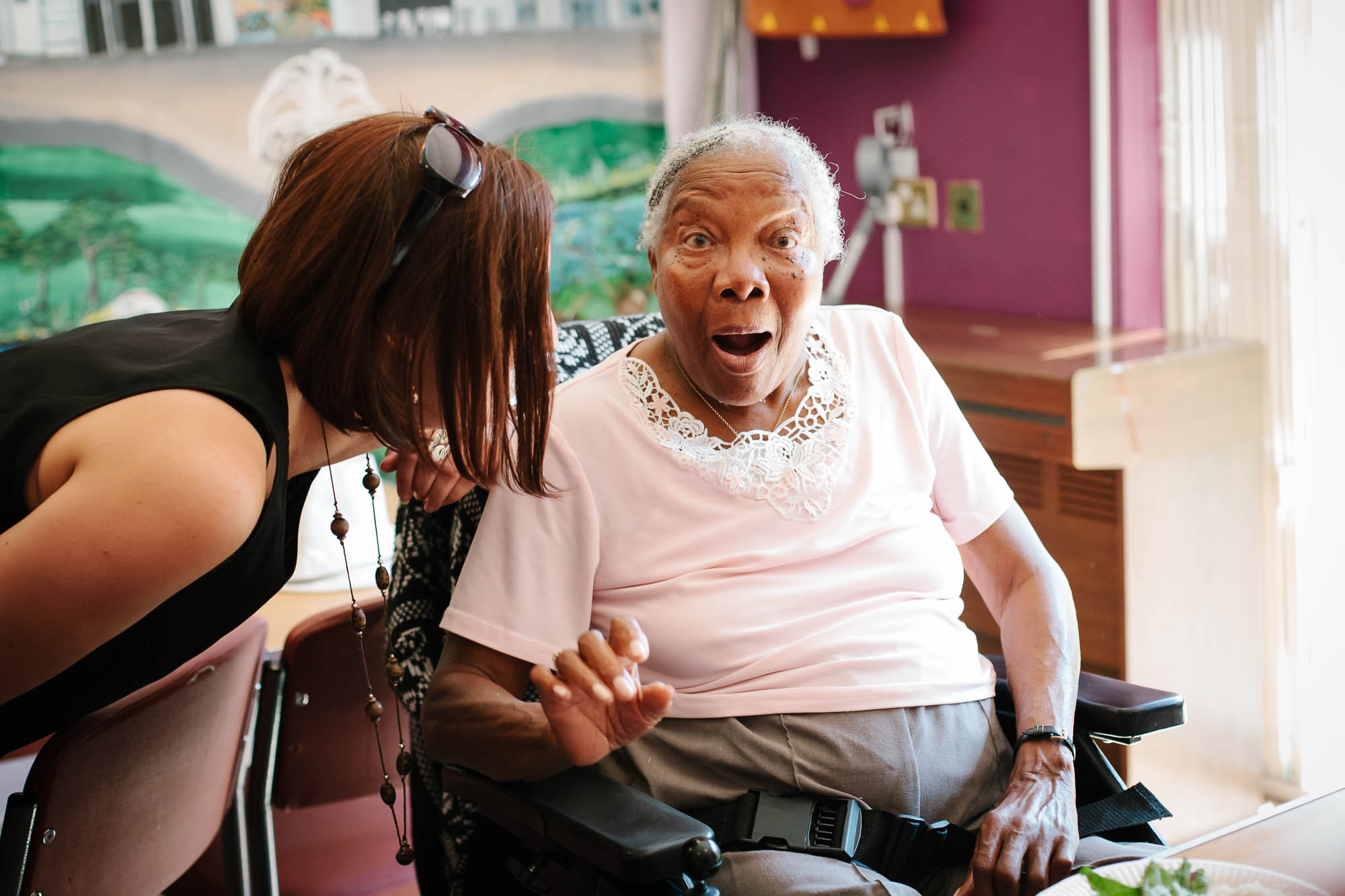Please note: this post is 121 months old and The Cares Family is no longer operational. This post is shared for information only
In a blog for South London Cares, local MP Helen Hayes writes about the richness of experiences in south London, and how the bonds of community can help everyone feel better connected.

As the new MP for Dulwich and West Norwood, I see every day the enormous strength and talents of so many people and groups from our local communities in my part of south London.
But I also know that there are many challenges facing our neighbourhoods. One of the less talked about aspects of the housing crisis is the weakening of the day-to-day support some older people receive as their families are dispersed because younger generations can no longer afford to live in the area they grew up in. The NHS and our local councils also face serious challenges when it comes to the resourcing of social care and support for older people.
As public services are ever more squeezed, it is often time which is the first saving to be made – the time that a GP or home care worker has with an older person before they have to move rapidly on. In a recent study, 17% of older people said that they have contact with somebody else less than once a week. In that context the time that a neighbour has to sit and chat – to help them access services online; the time to share a cup of tea and a chat; the time to listen and to help people feel valued and visible – is so important.
In grappling with big policy problems, it is critically important that policy makers and professionals don’t lose sight of individual human beings. Occasionally, some people slip into an over-reliance on jargon or statistics. But we know that behind each statistic is also a real person: someone’s mother, father, grandparent, sibling, friend. A neighbour.
My own grandfather is one of those people. He's 95 now, and 18 months ago he was rushed into hospital in a very poorly state for major surgery. He recovered from the surgery, and was ready to be discharged home, but he spent two further months in hospital because appropriate care couldn't be arranged. That was distressing for my grandfather and for the whole family. It was also hugely inefficient and wasteful of public resources.
My grandfather is now in a care home. He's quite frail, though as sharp as he ever was, and I hope that others, meeting him now for the first time in a formal care setting, will recognise the talented artist and handyman, animal lover, breeder of chickens, and practical joker that we've loved for so many years. He has five children, 14 grandchildren, 27 great grandchildren and one great-great granddaughter. And he has immeasurably enriched all of our lives.
South London Cares is so important because it focuses on every person that they help as an individual. The diversity that we celebrate in South London, which does so much to define who we are, is given life and strength through our relationships, particularly across generational and social lines. South London Cares' model understands that and speaks to it.
And as so many of the young people in this network have already discovered, relationships are authentic and two-way. The young volunteers often gain as much from their involvement as their older neighbours, because our lives can be so enriched by building relationships with people whose own experiences are not exactly like our own. And when we build those relationships in the context of our rapidly-changing neighbourhoods, our whole community becomes stronger.
The isolation suffered by many older people in this country represents one of the biggest challenges of our time. I see it in my surgeries and on the doorstep all the time. There are people who come along often because they simply want to have a chat; people who phone my office answerphone in the middle of the night just to hear another human voice; people who throw their door open when I knock to ask if they have any issues or problems – because no-one has asked that question for such a very long time.
And we know, in the context of reducing budgets, that social challenges like this are going to be beyond the public sector's ability to fix alone. So we need more innovation from networks like South London Cares, faith groups and other community groups. We need more neighbours to be pro-active. And we need more people to be quietly getting on with doing extraordinary things – building relationships, supporting one another, and harnessing the assets of local businesses and community to bring people together.
South London Cares is a beacon in so many ways, an example of south London at its best. Thank you to everyone who is involved – the volunteers, the neighbours and the whole team.